Today, amidst this horrific moment of racially motivated violence occurring all across America, I sent the following message to the Brookings community.
This issue is so much bigger than just our institution however, and we all must do our part in condemning these terrible acts for what they are—systemic racism.
Colleagues,
I, like many of you, have watched in horror the killing of George Floyd by a police officer, the ongoing events in Minneapolis, as well as the other recent incidents concerning Christian Cooper in Central Park and the killing of Ahmaud Arbery in Georgia. I want you to know that these events have not gone unnoticed and that I condemn them in the strongest possible terms, and that I also acknowledge that this is an extraordinarily challenging moment for many on our staff.
Throughout its history, Brookings scholars have taken powerful positions on issues of inequality and inequity in America. These matters are extraordinarily important to me and to whom we are as an institution. We will not stand for inequality and injustice in our society. We will continue to take strong and unambiguous public positions that support the inclusion of minority, underserved, and vulnerable populations. Our voice matters a great deal in this moment, and I am very proud of those members of our community who continue to write and speak out on issues of race, racism, and inequality in America. Brookings now, and in the future, will serve as a beacon of light on behalf of social justice and opportunity for every Black American, and a loud voice of condemnation of the bigotry and racism on full display by these latest acts, but more broadly characteristic of American society.
At the same time, I recognize that the systemic nature of this issue permeates all that we are and do as a nation. You’ve heard me say before that slavery was America’s “original sin.” Slavery was not solved by the founders of the American Republic, nor was it resolved by the framers of the Constitution of the United States of America. It was not ended, nor was it ultimately settled, by the horrendous bloodletting of the American Civil War, a war that could not have been won by the Union without the service of hundreds of thousands of Black Americans who were central to the victory of the North and the end of slavery as an institution. Yet, in many ways, the most odious vestiges of slavery have persisted in America even to this day, and these latest tragedies are simply a continued manifestation of that terrible and brutal legacy.
In this regard, I want you to know that the anger and fear you may be feeling right now is perfectly natural, completely understandable, and entirely acceptable. These feelings are deep, they are raw, and they may feel overwhelming. It is easy to feel helpless or “stuck” as violence rages seemingly all around us. Indeed, especially in this COVID-19 environment, when we have so many challenges weighing on our shoulders, moments like these can hit particularly hard. Please know that I and your institution stand with you. Please know that Brookings will not be silent about these and other injustices, crimes, and depredations. We will call out systemic racism, and we will call out unrepentant racists— and we will continue helping to move the country toward racial equity through our writing, research, and policy suggestions.
Our Inclusion & Diversity Committee will follow up soon with opportunities to provide spaces for expression as well as resources to become better informed on what racism and white privilege are, and how to work through these challenging times. Brookings strives to be a community for all, and our commitment to inclusion, respect, and collegiality is ironclad. That will never change.
My very best,
John R. Allen
The Brookings Institution is committed to quality, independence, and impact.
We are supported by a diverse array of funders. In line with our values and policies, each Brookings publication represents the sole views of its author(s).
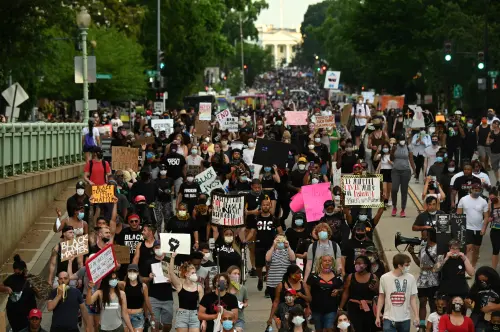
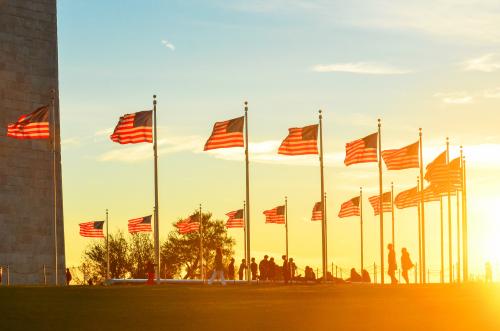
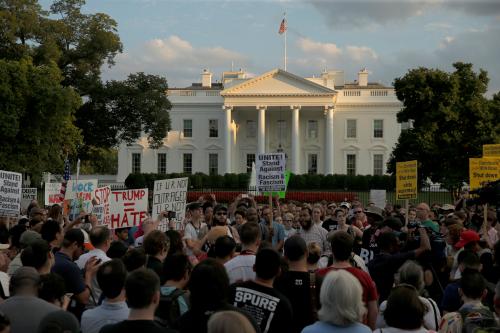
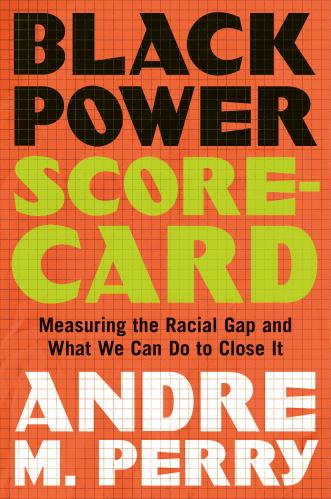

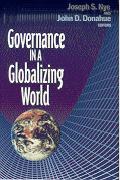




Commentary
Condemning systemic racism
May 29, 2020